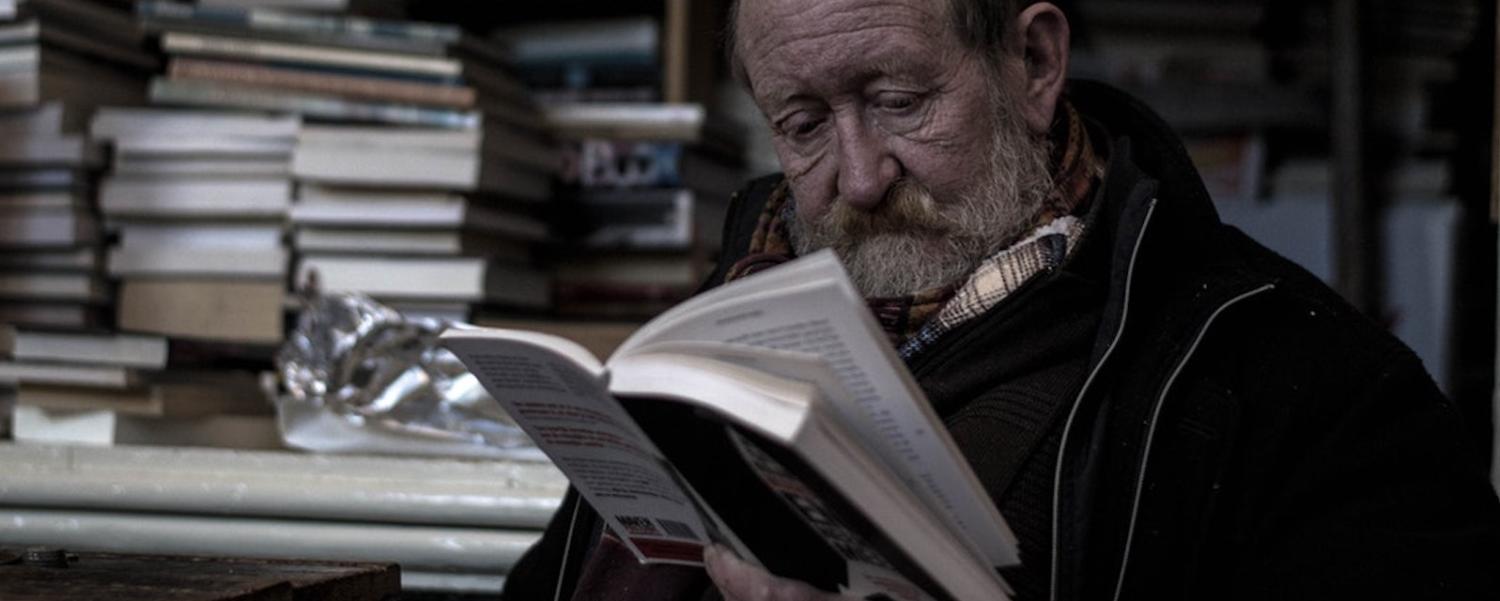Book review: The World as It Is: Inside the Obama White House, by Ben Rhodes (Random House, 2018).
The slew of books that find their way to the shelves once a president has departed are often cagey, self-interested and read suspiciously like job applications. Ben Rhodes tries hard to avoid these characteristics in his new book about his time in the White House, The World as It Is.
Rhodes served as deputy national security adviser for strategic communications to president Barack Obama. But the formal title perhaps underplays the famed intellectual closeness of the two men – the “mind-meld” between president and speechwriter – that began on the campaign trail and developed over the full eight years of his presidency.
A phrase uttered by Obama about Trump becomes a mantra for Rhodes, not only about Trump but about the inevitability of progress: ‘what if we were wrong?’
As a foreign policy speechwriter, Rhodes spent eight years trying to tell the story of an American presidency. Then he sat down at a typewriter and did it again. But this time, Rhodes himself is a character. He emerges as an influential, idealistic, and often frustrated shaper of Obama’s presidency.
The book is an honest, occasionally defensive account. What stands out is Rhodes’ doubt. This doubt built over his time in the White House as he struggled to come to terms with the war in Syria, the fragility of the Iran nuclear deal, and the limits of American power and will.
And what could multiply those doubts more than handing off the White House to a successor whose main organising principle is destroying your legacy?
The book centres on Rhodes’ relationship with the president. Obama and Rhodes always chafed at what they viewed as the constricting consensus of the wise old men and women of Washington. This also affected internal deliberations. Obama uses Rhodes as a proxy to break up groupthink at the National Security Council, telling him “don’t hold back just because it’s the principals. You know where I’m coming from.” And Rhodes is open about how he projects his own idealism onto Obama. That idealism, which both men shared, but interpreted differently, is visibly knocked about over the length of the book. But the passages in which Rhodes airs doubts over his boss and mentor are restrained.
Rhodes was at the communications coalface for the administration’s biggest foreign policy decisions. Rhodes professes surprise at the defining phrase of their record on Syria and the use of force. “A U.S. President says millions of words in public. You never know which of those words end up cementing a certain impression. For Obama, one of those phrases would be ‘red line.’” Especially coming from a communications professional, this surprise is hard to accept.
The biggest gap between Rhodes and Obama opens up over the decision to seek congressional authority to use force against the Syrian regime. Rhodes knows this means inaction.
It was as if Obama was finally forcing me to let go of a part of who I was – the person who looked at Syria and thought we had to do something, who had spent two years searching for hope amid the chaos engulfing the Arab world and the political dysfunction at home.
The state of US politics weighs on Rhodes – the savage partisanship of the Benghazi hearings, the threats of violence and the GOP’s refusal to reckon with Russian election interference. He struggles to come to terms with the rise of conspiratorial thinking in American conservatism: “(i)t felt like a malevolent force in America that I couldn’t comprehend, and anger attached to something bigger than Benghazi”.
One of the most interesting sections of the book details Rhodes’ work overseeing the communications strategy to sell the Iran deal to Congress and the public. Rhodes’ writing feels more defensive in this section – the Iran deal was under severe threat while he was writing this book, and was later unilaterally abandoned by Donald Trump – but the sausage-making details are fascinating. He allows his glee to show through when recounting the win in Congress, glee that now feels hollow, with the US pulling out of the deal, Iran suffering economically, and hard-line politicians in Tehran emboldened.
The policy area on which Rhodes had the biggest influence was the normalisation of relations with Cuba. He led clandestine meetings in Canada and the Vatican with Alejandro Castro, son of then-president Raúl Castro.
Rhodes discusses at length the struggle to resolve the fate of prisoners held by both countries. It was a reminder for me of a visit to Cuba in 2013 when I picked up a copy of Granma – the government mouthpiece. On the cover: “Obama. Give me five. Libertad para los cinco” (liberty for the five).
Considering the deep mistrust in Washington and Havana caused by the prisoners, it feels surprising that the two sides reached an agreement. The pay-off – Obama’s trip to Cuba and the speech he delivered to the Cuban people in Havana – was to “bury the last remnant of the Cold War in the Americas” as Obama put it. It was a great moment for Rhodes.
The end of Rhodes’ account is inevitably coloured by Obama’s successor. Donald Trump stalks on stage, transforming from a joke to a contender to a threat to US institutions and Obama’s legacy. A phrase spoken by Obama about Trump becomes a mantra for Rhodes, not only about Trump, but about the inevitability of progress: “what if we were wrong?
The World as it is tells an imperfect, personalised, and fascinating story of the Obama years. The book will serve as an important backdrop to a brewing debate: what should a left-wing foreign policy in the post-Trump era look like? Rhodes will be a prominent voice.


